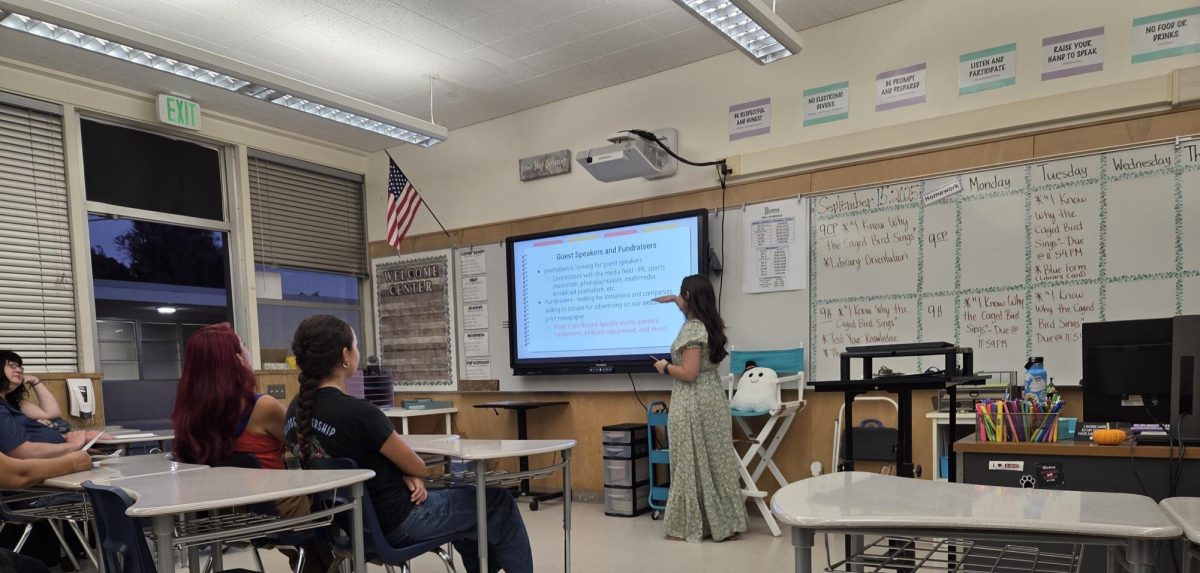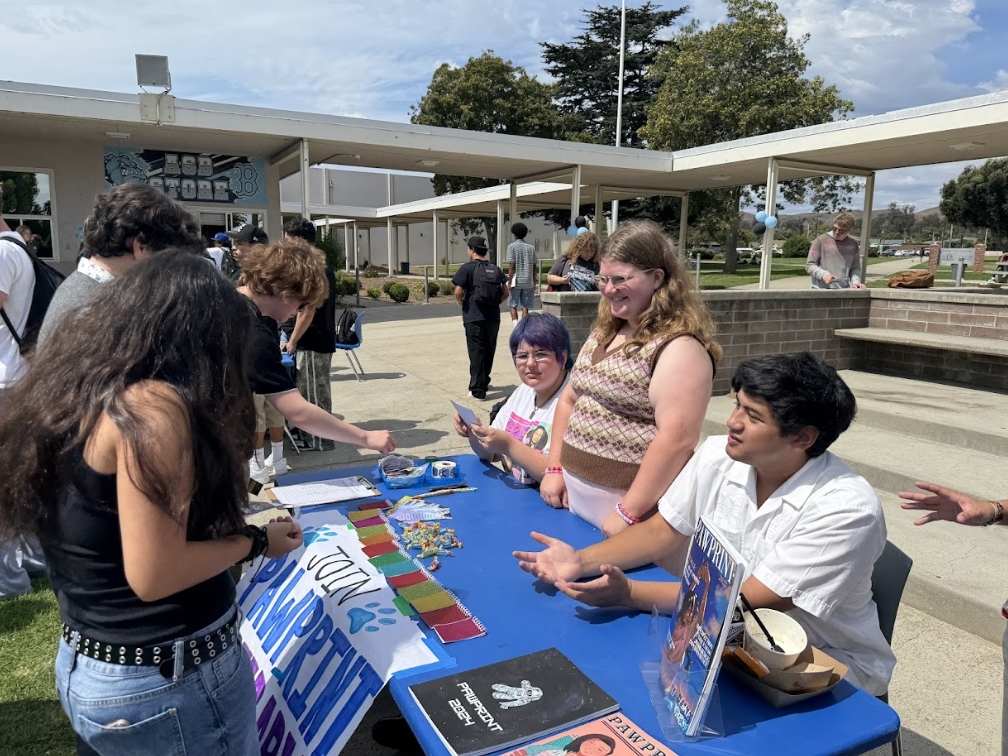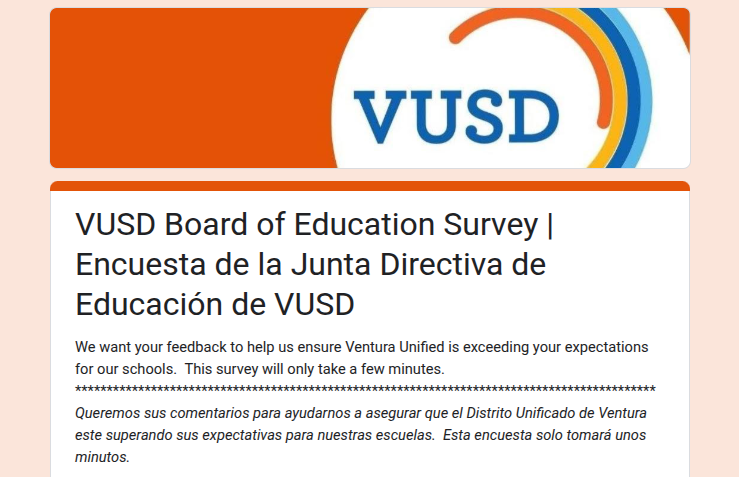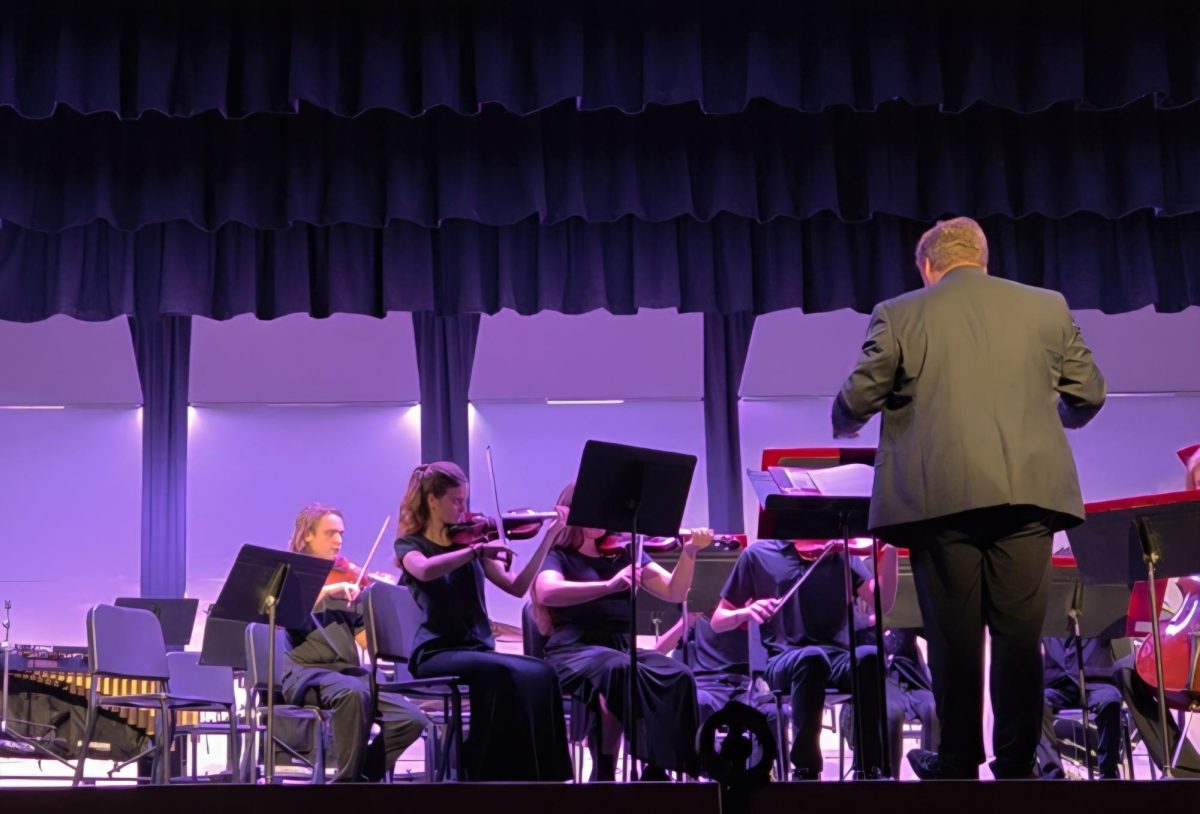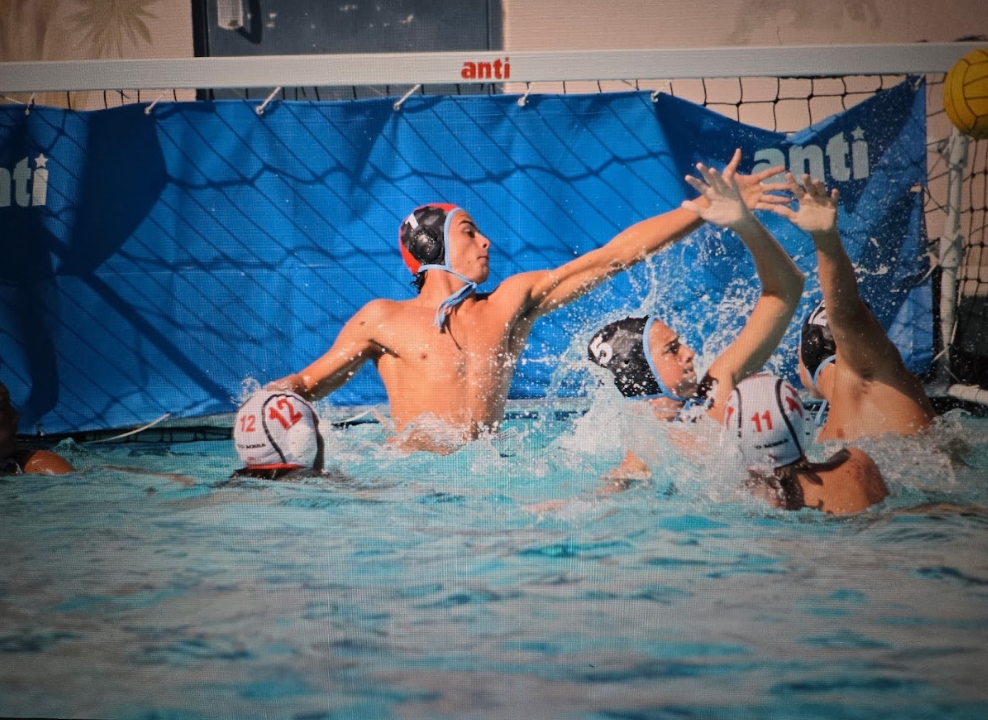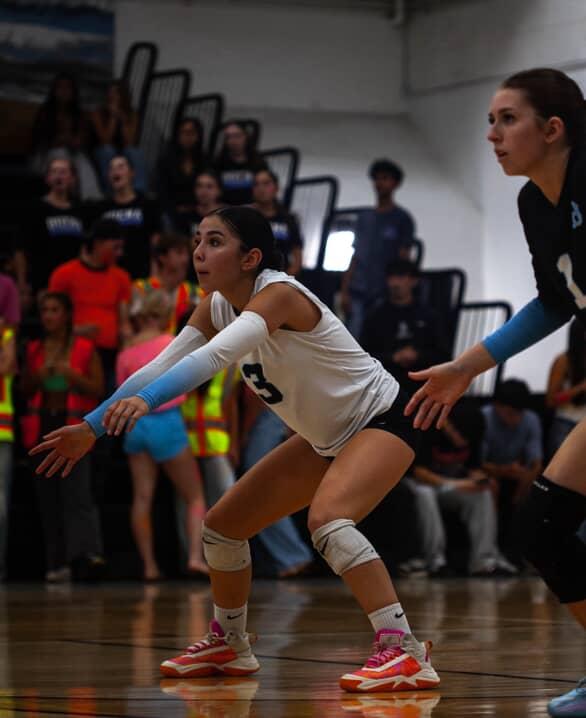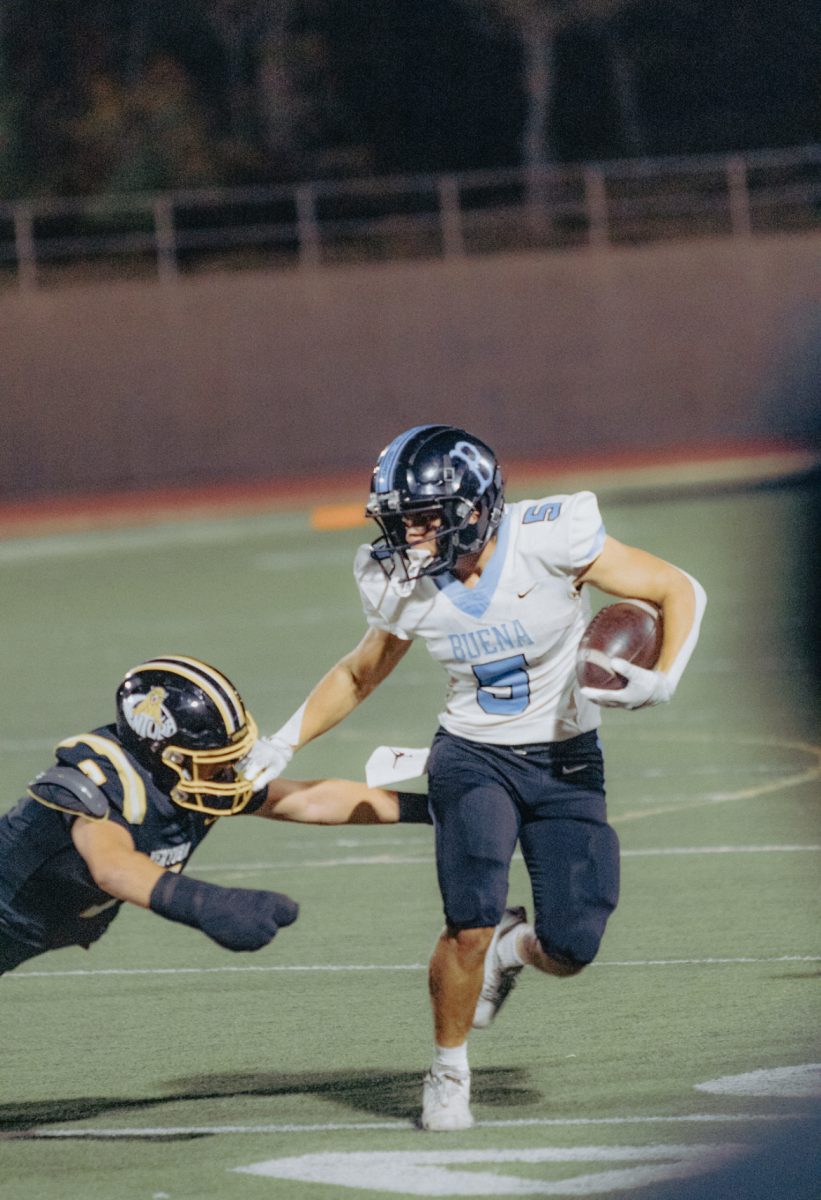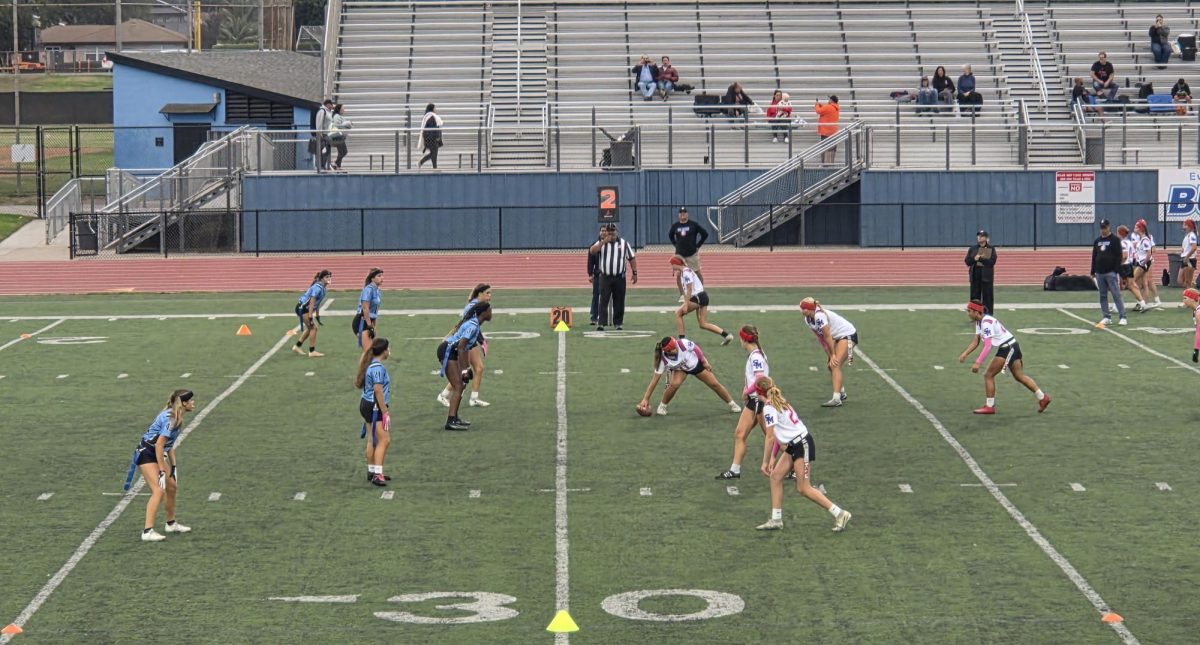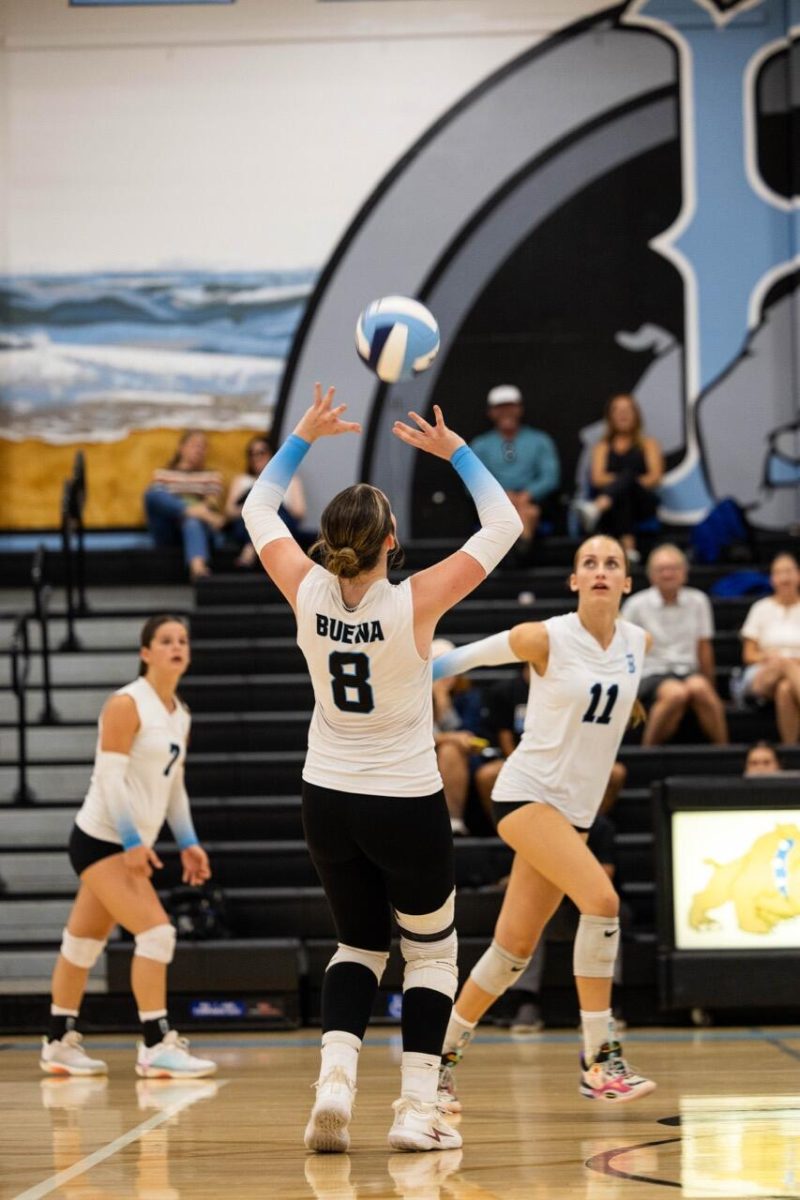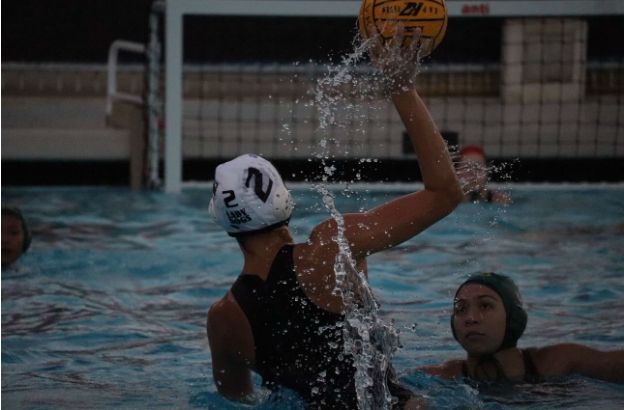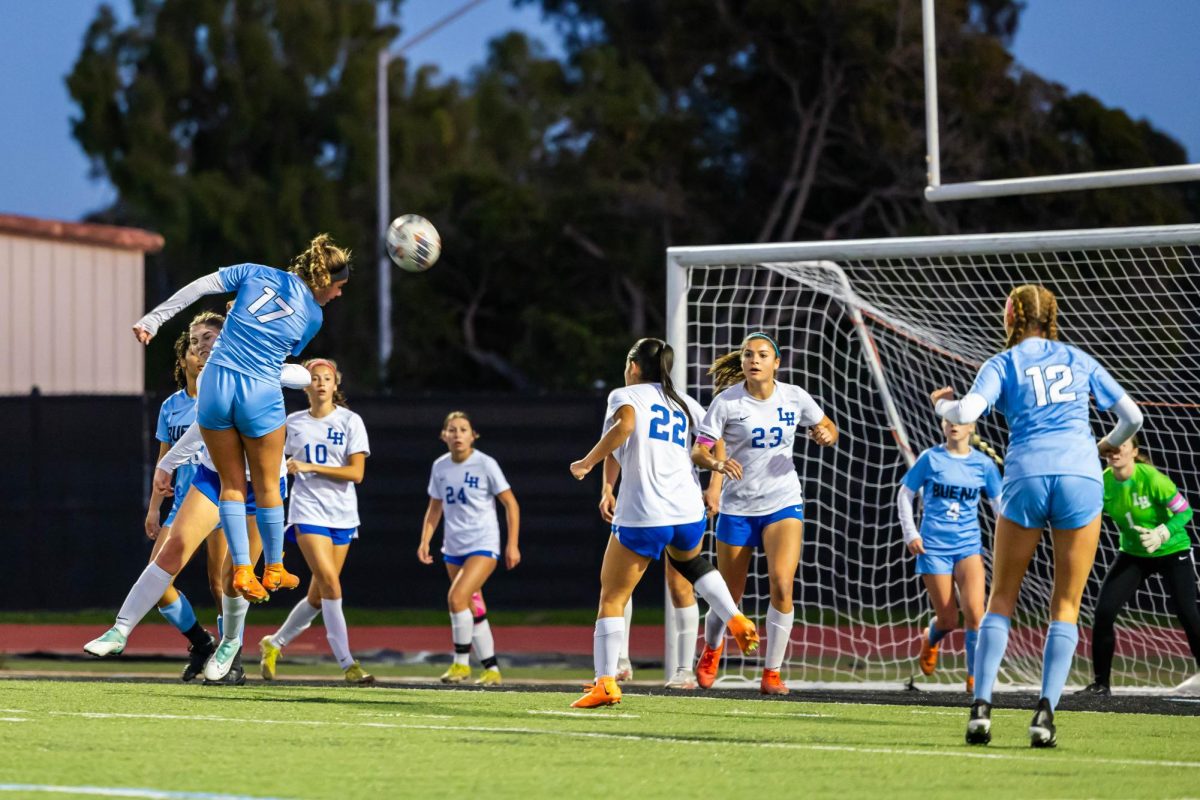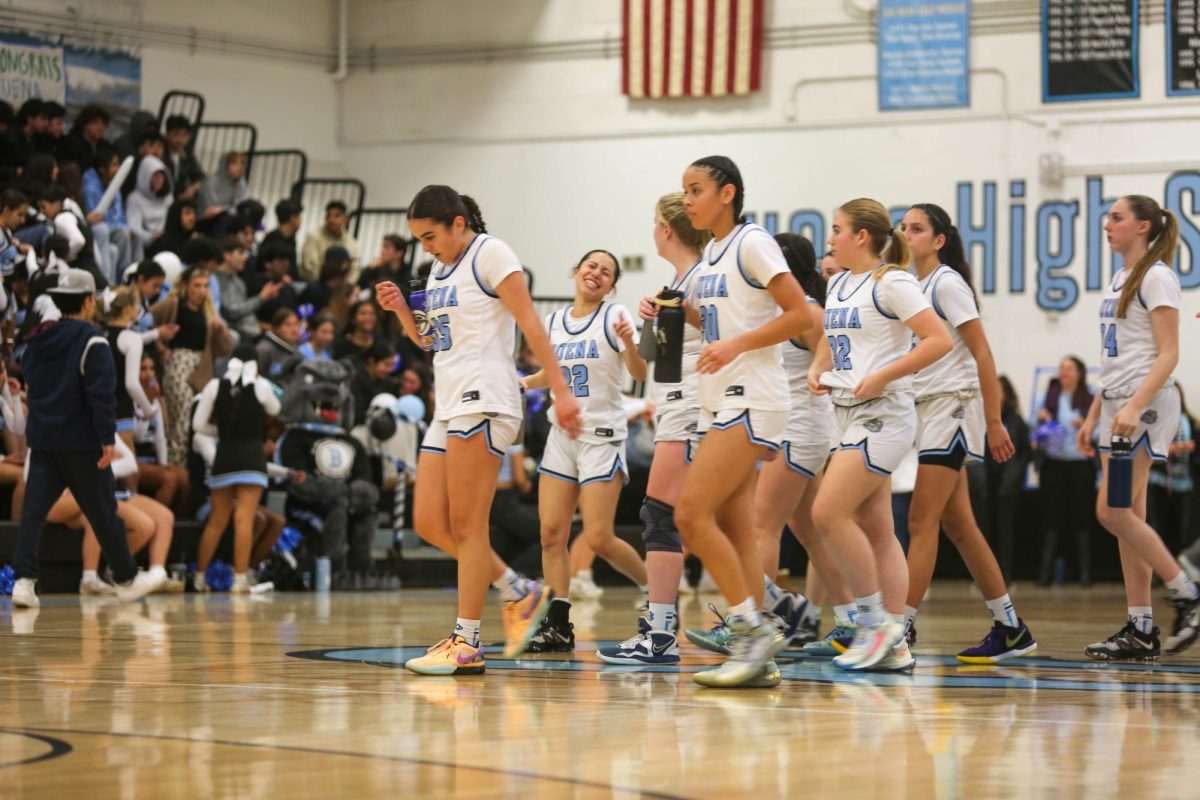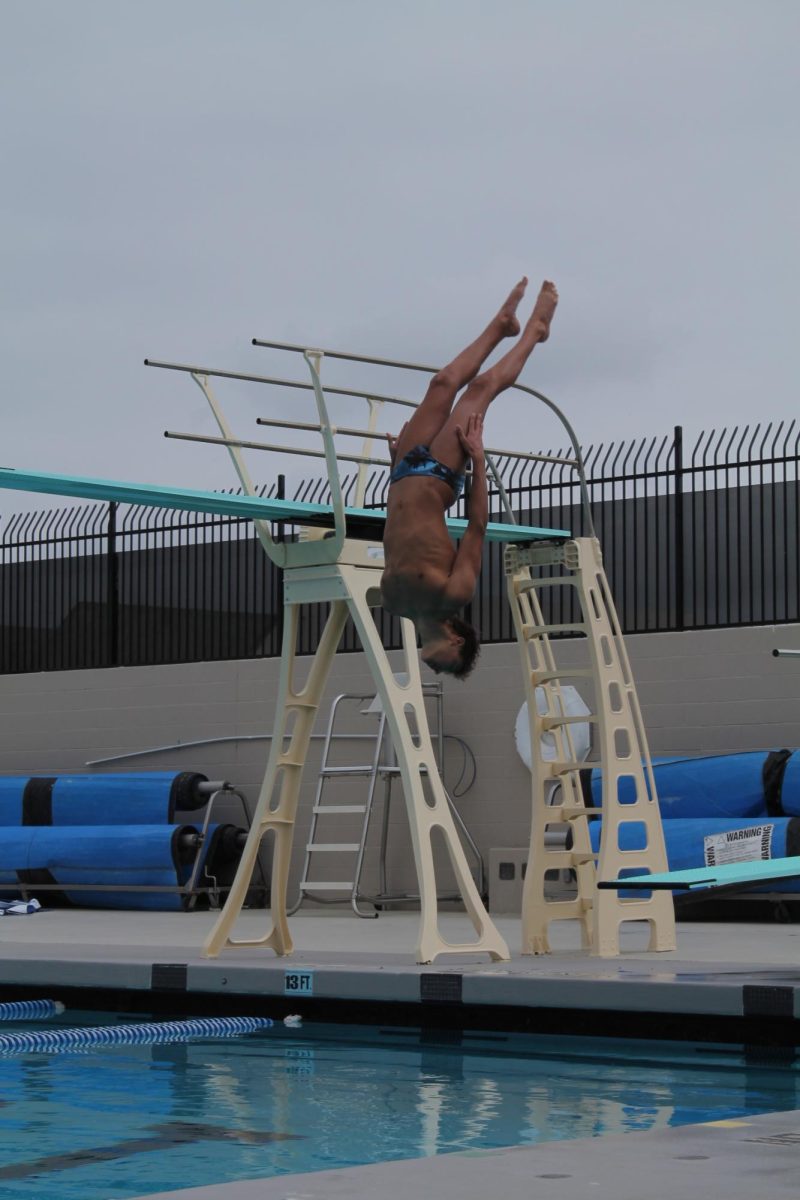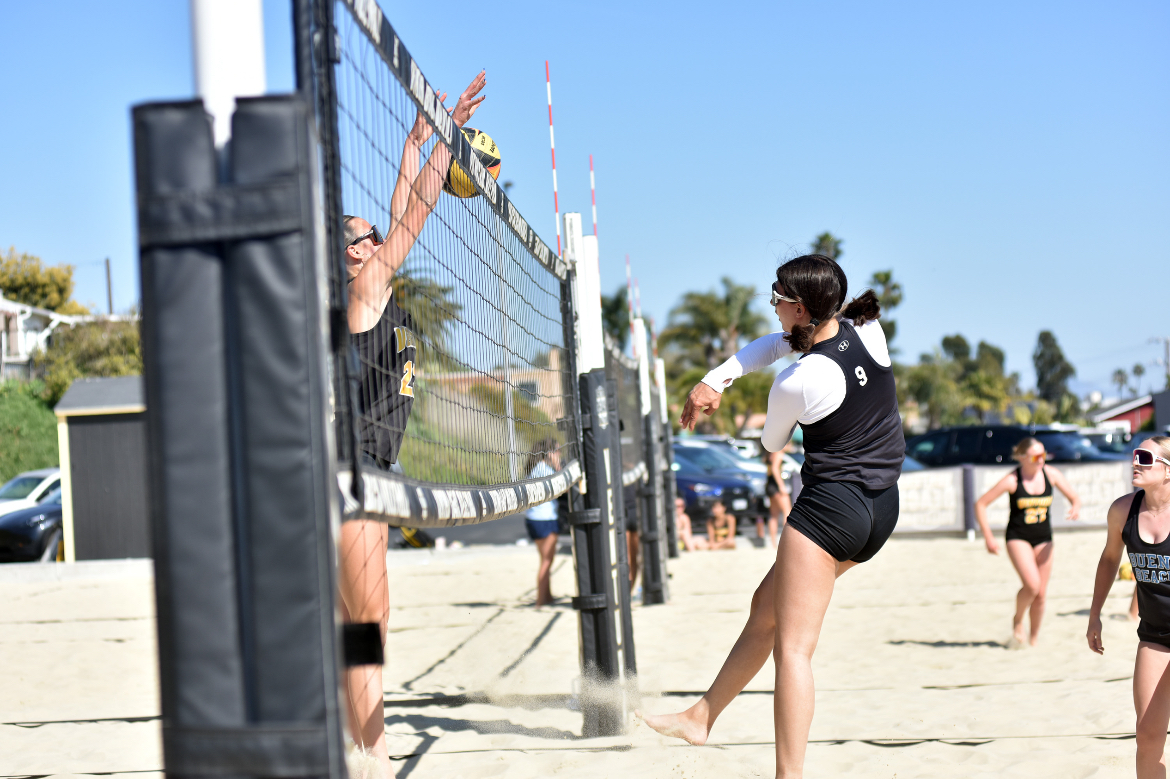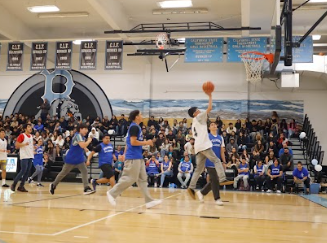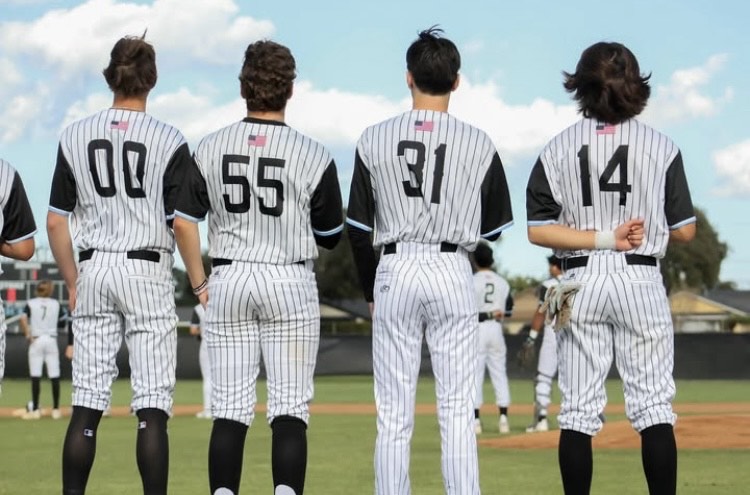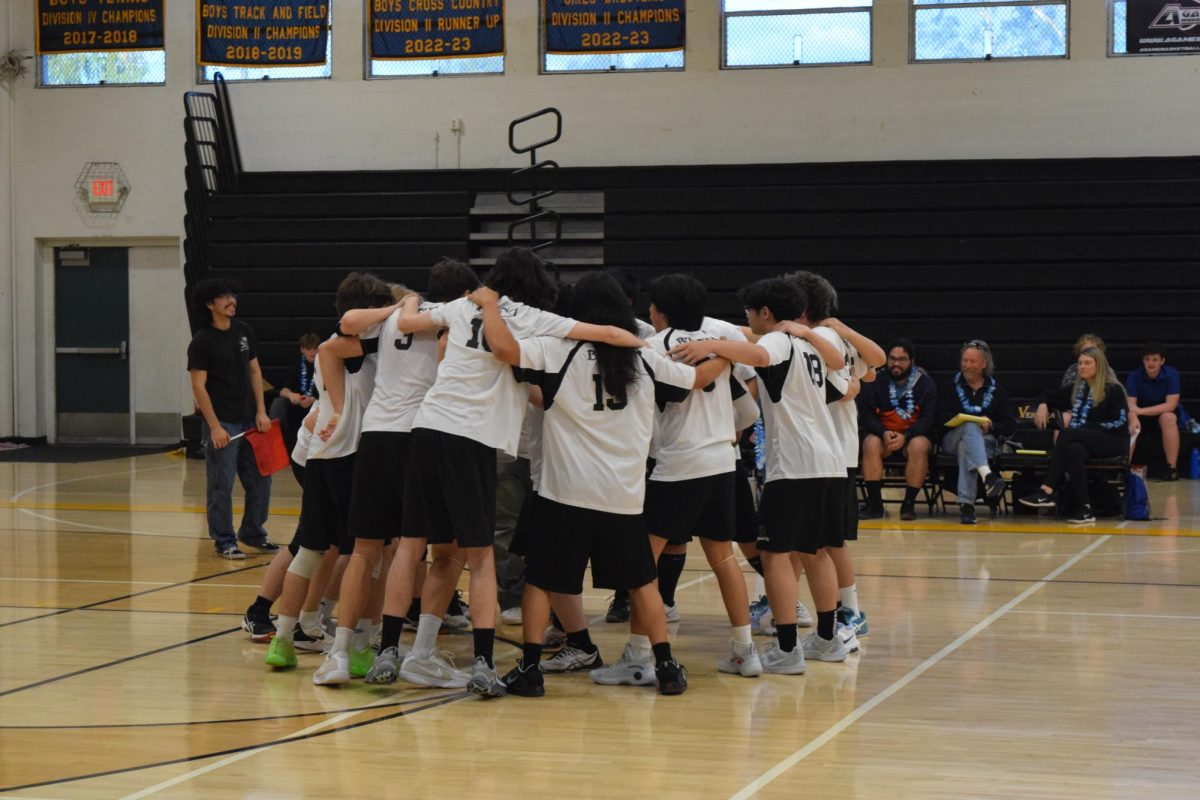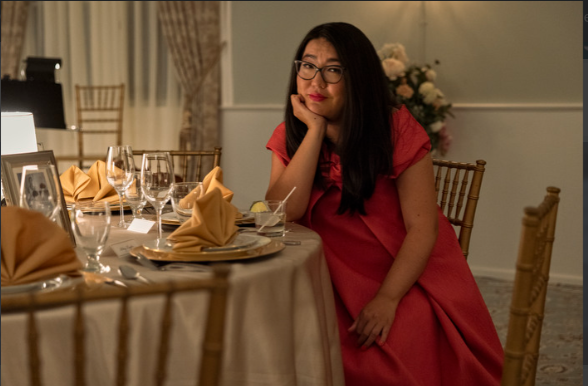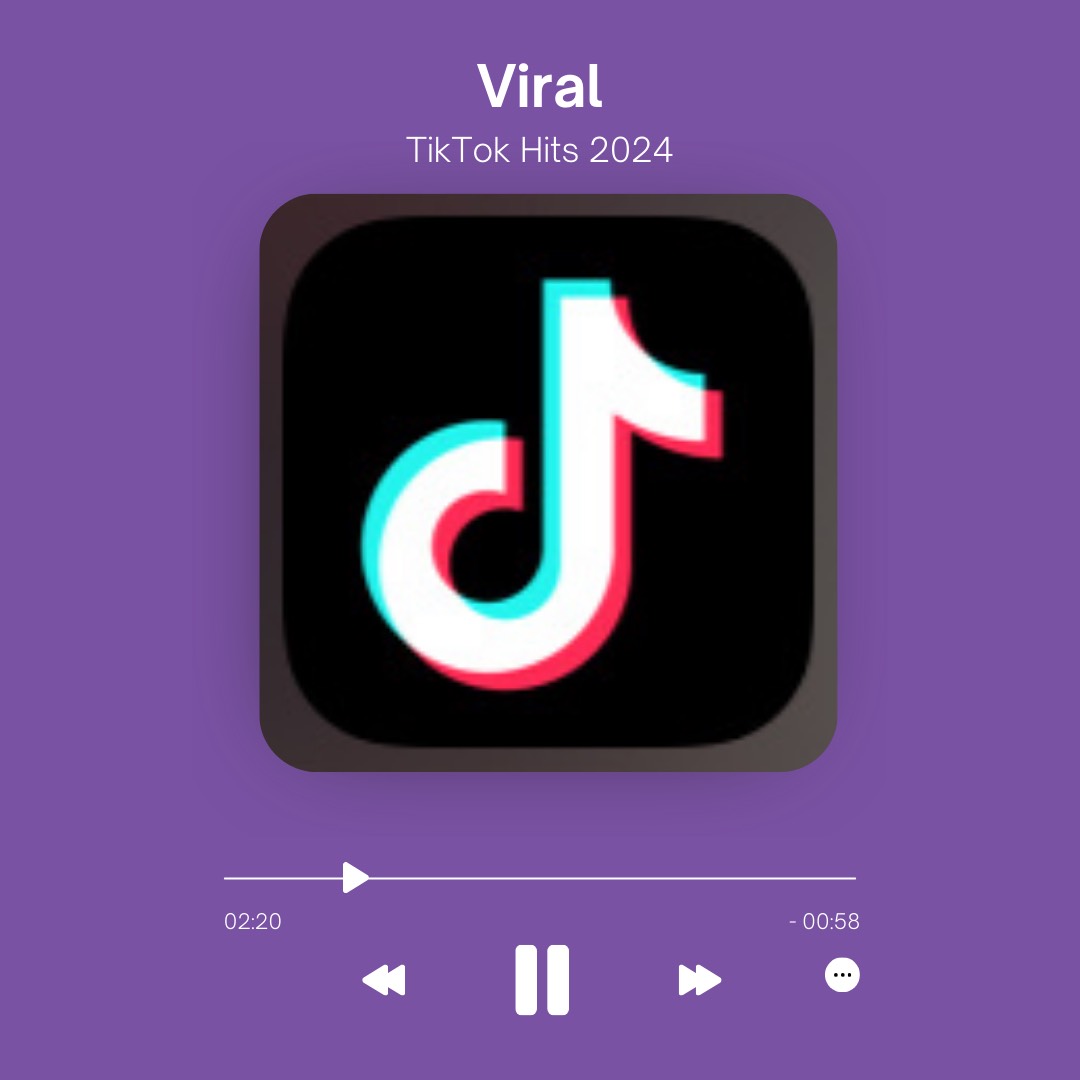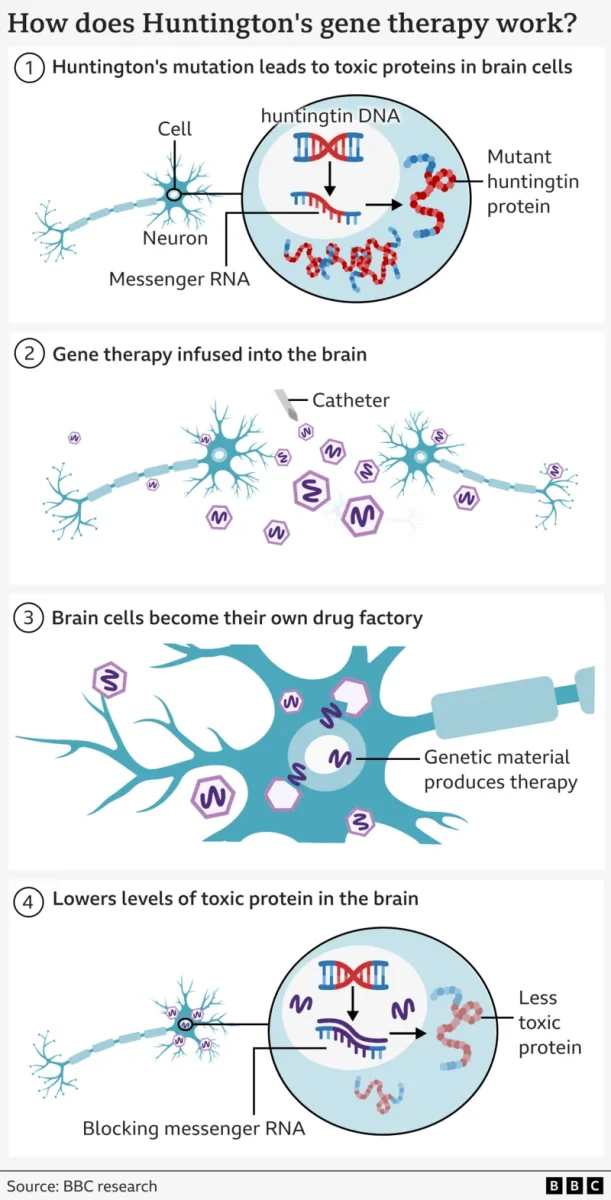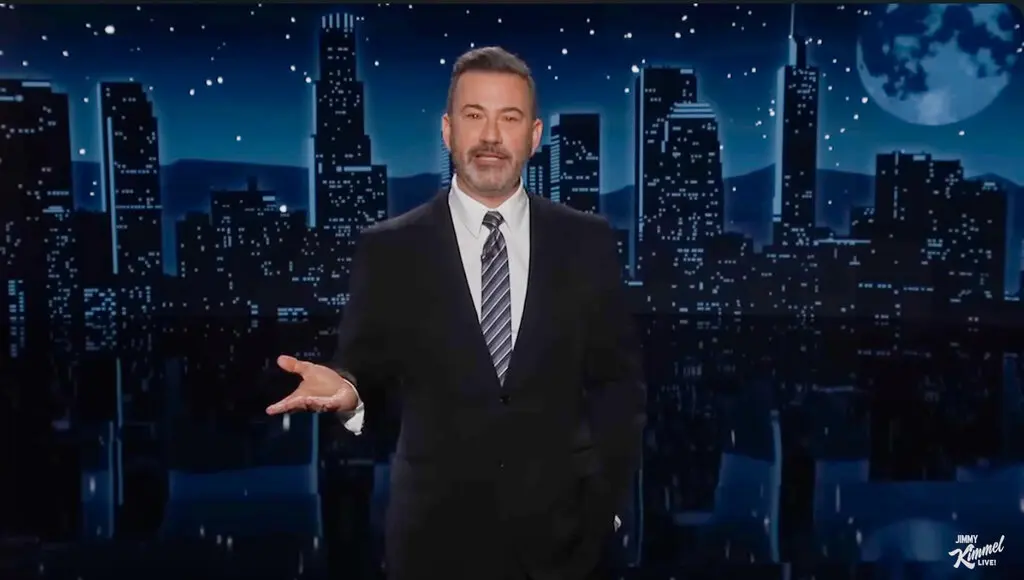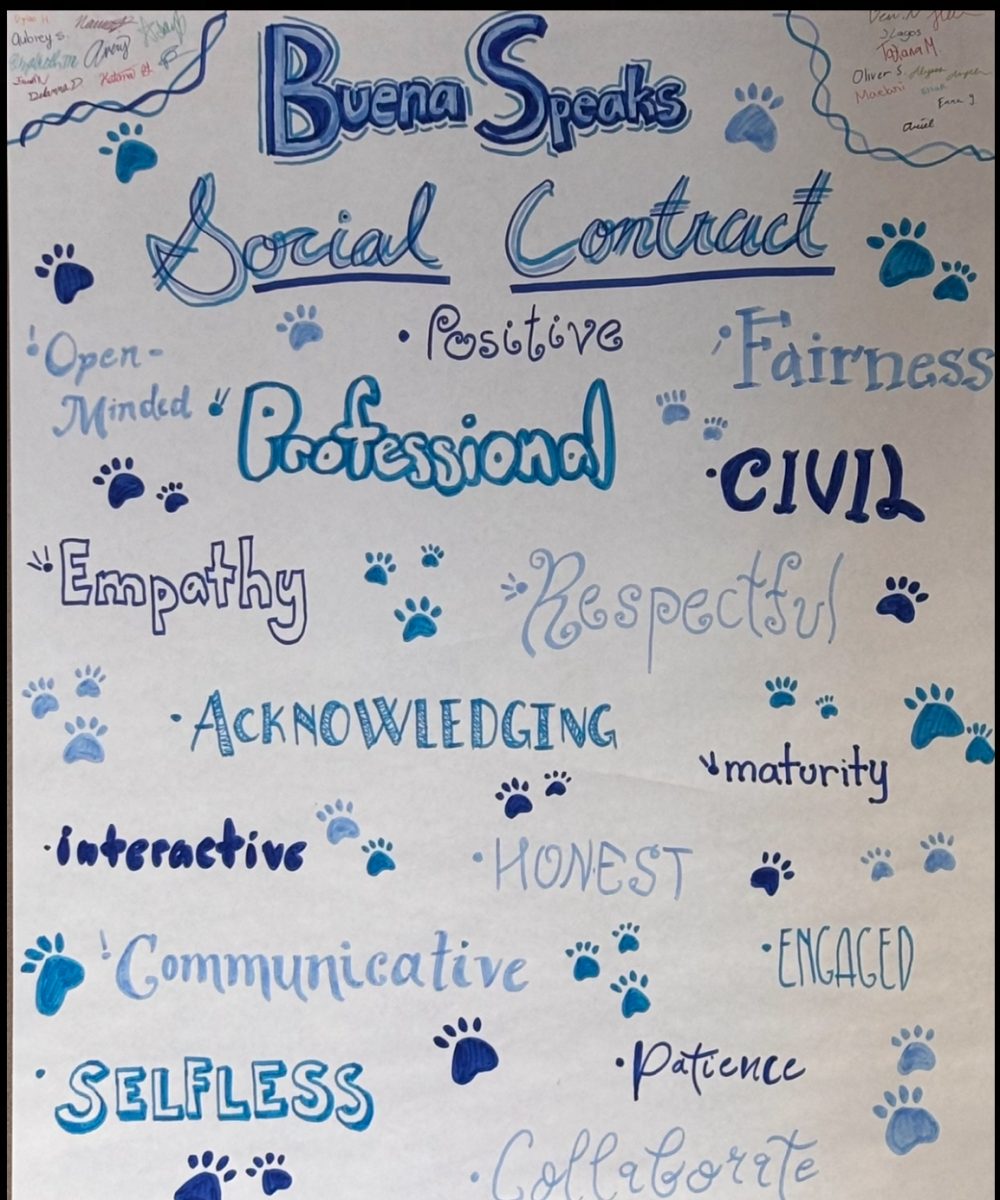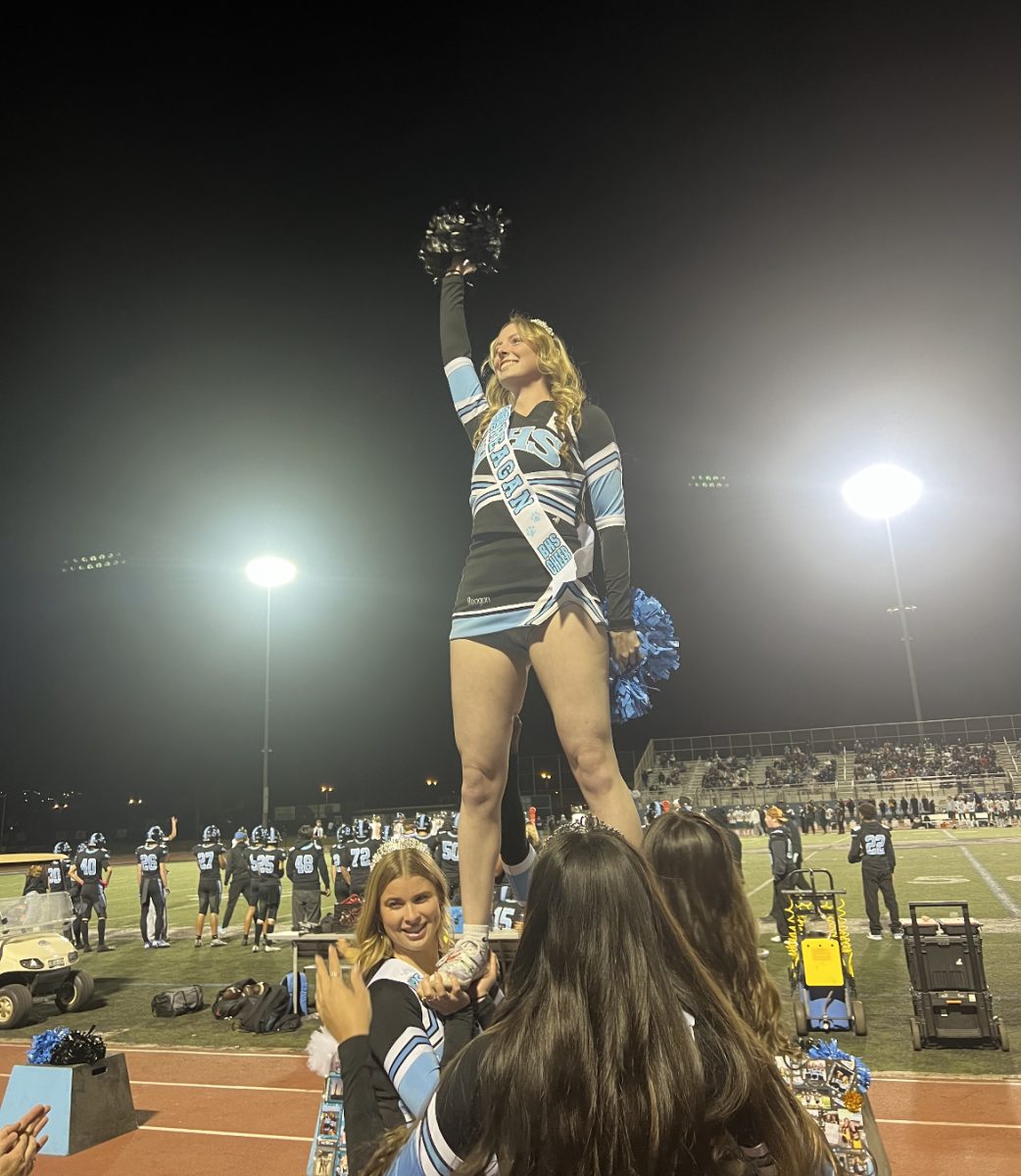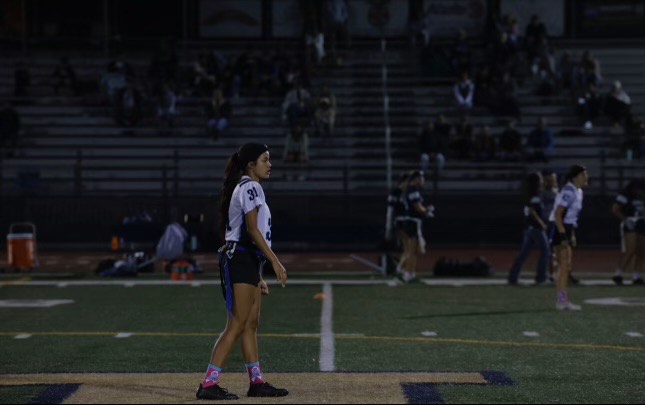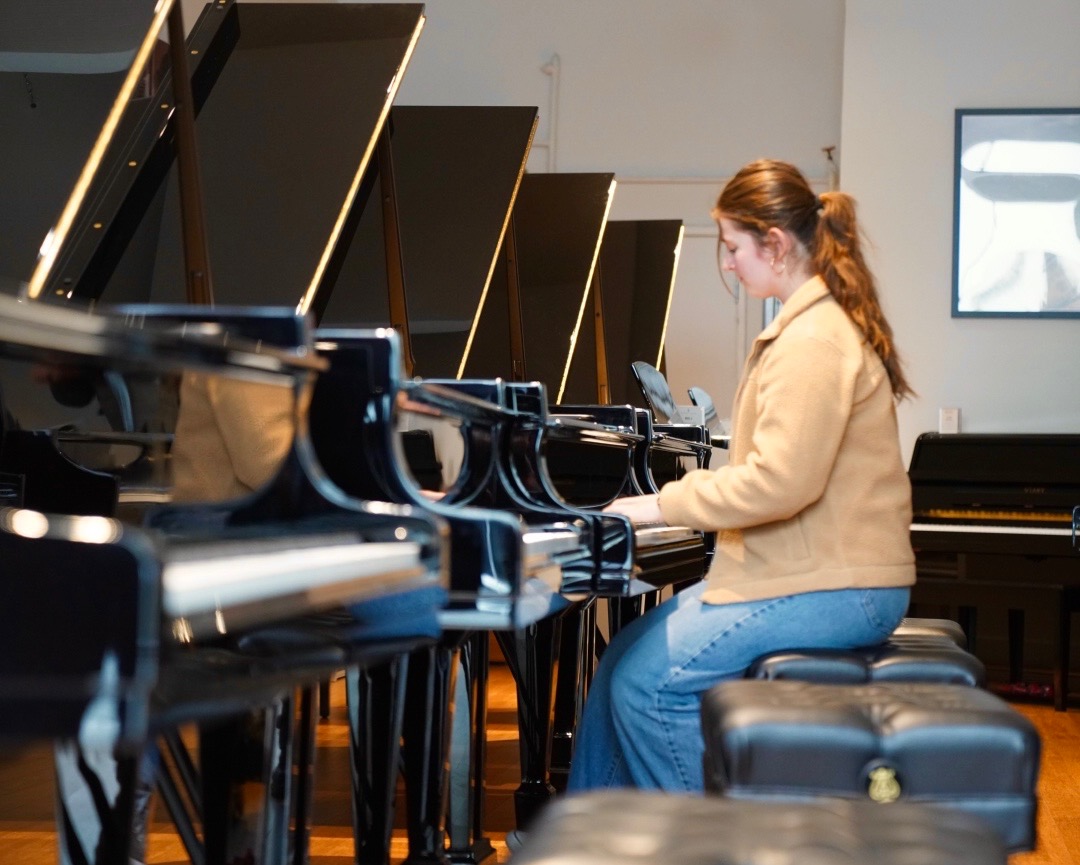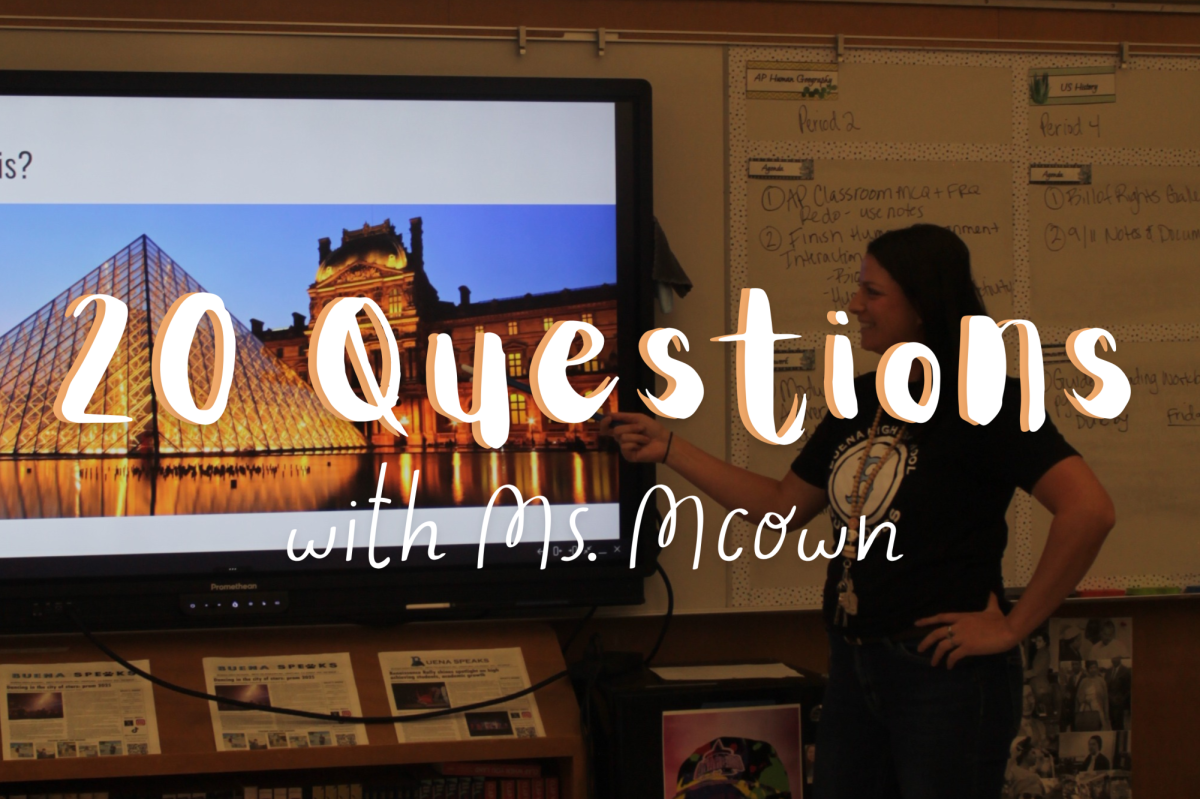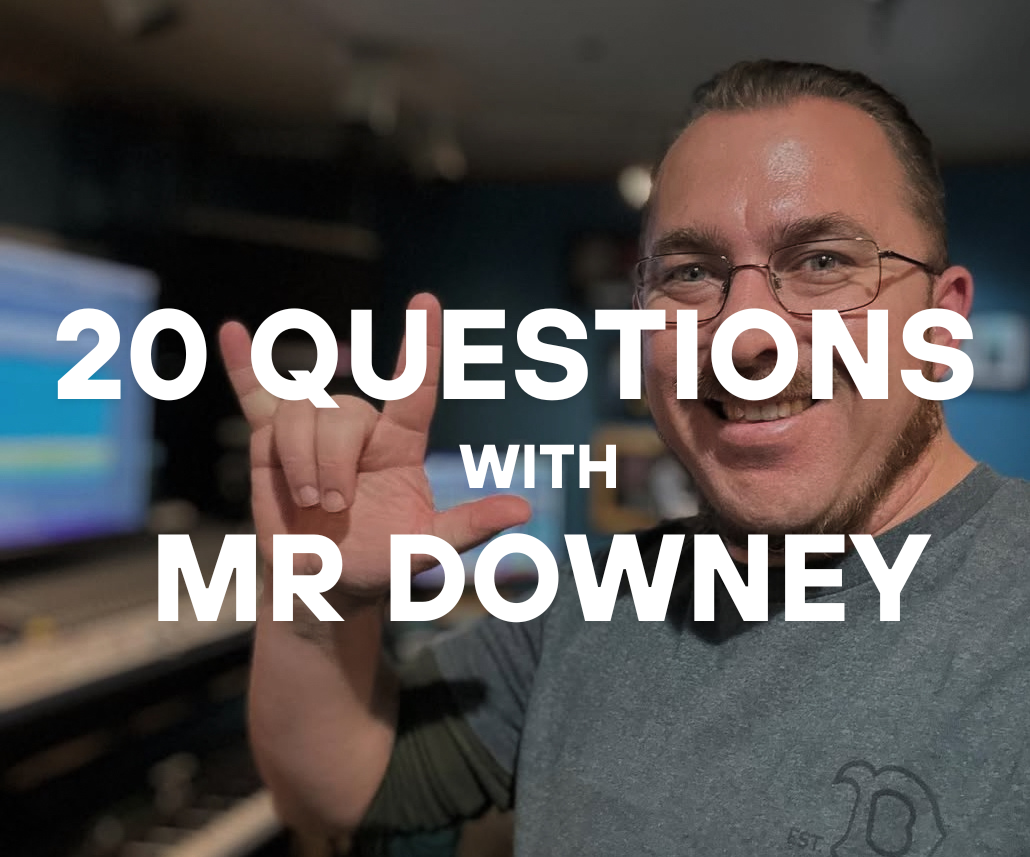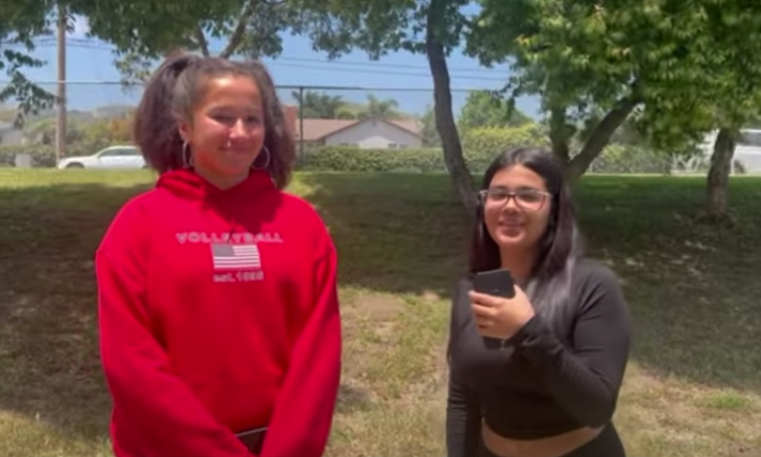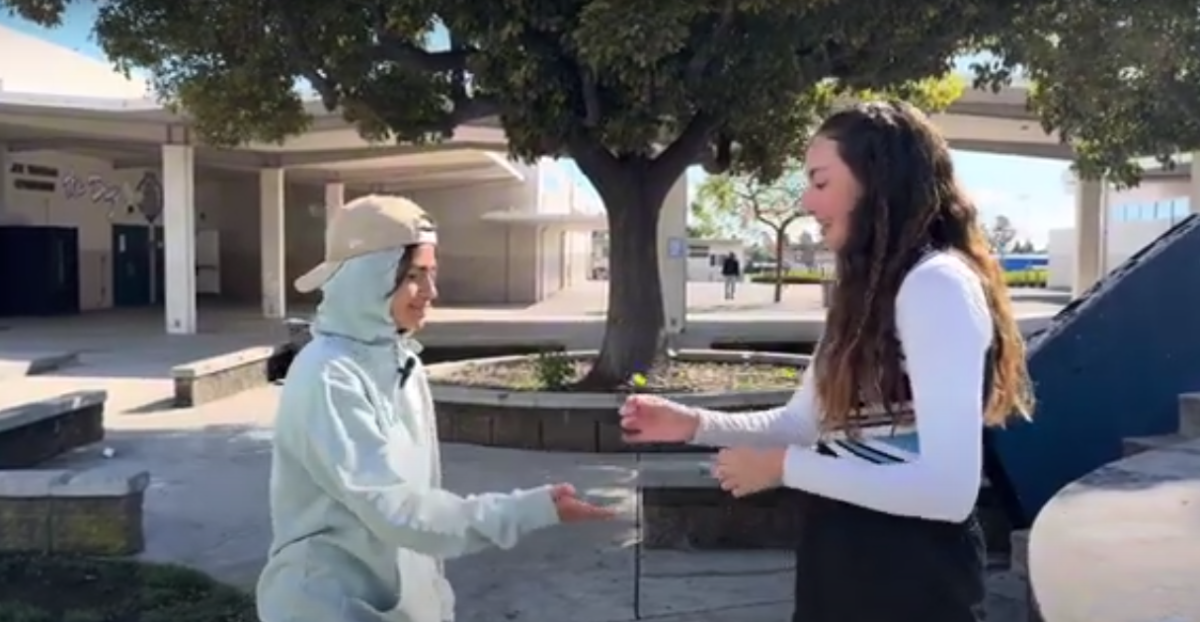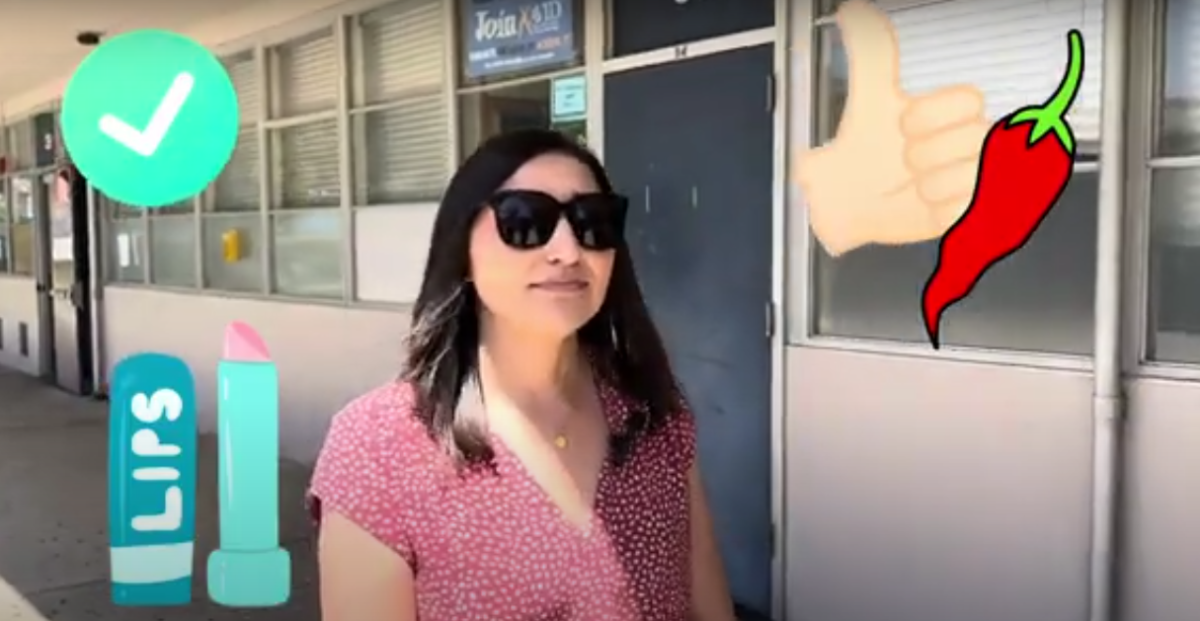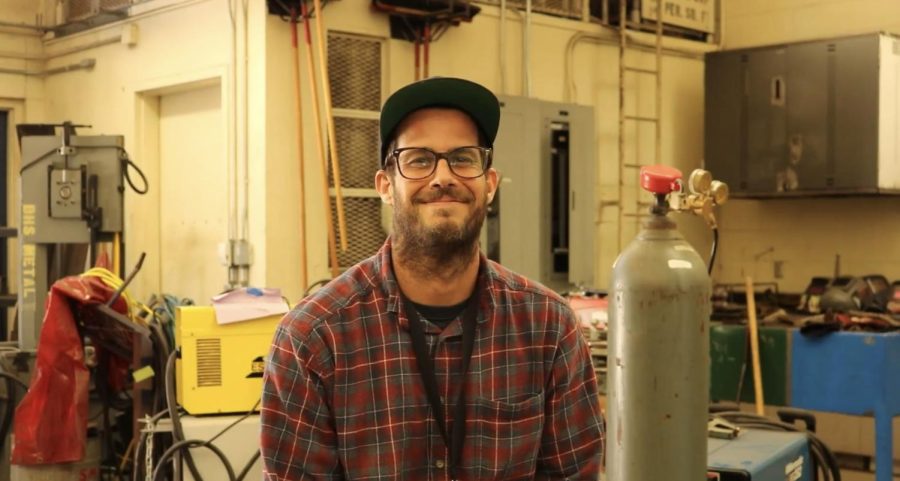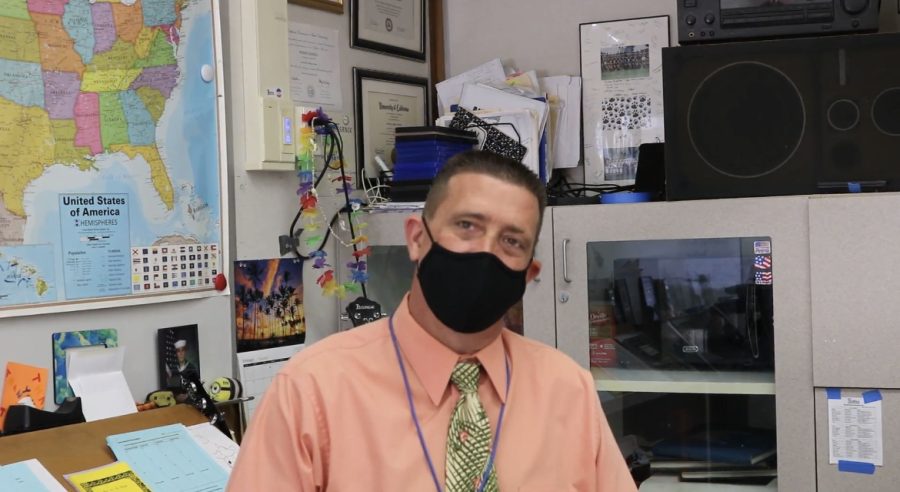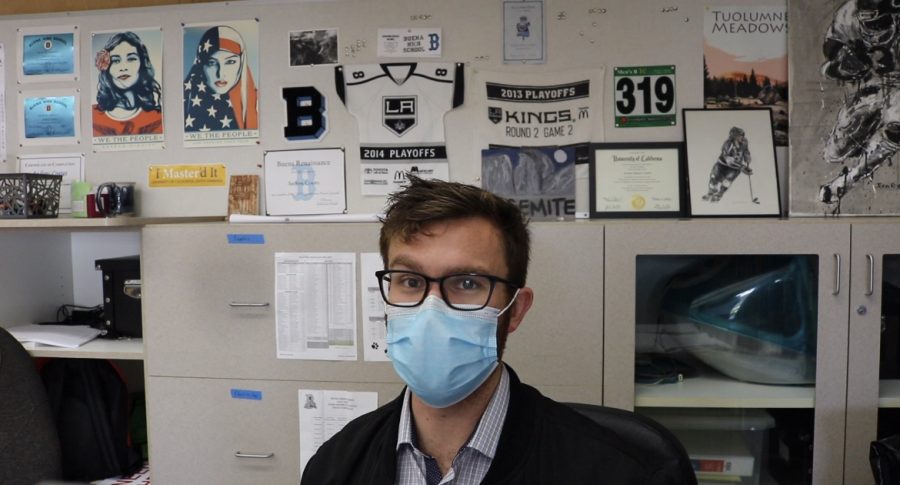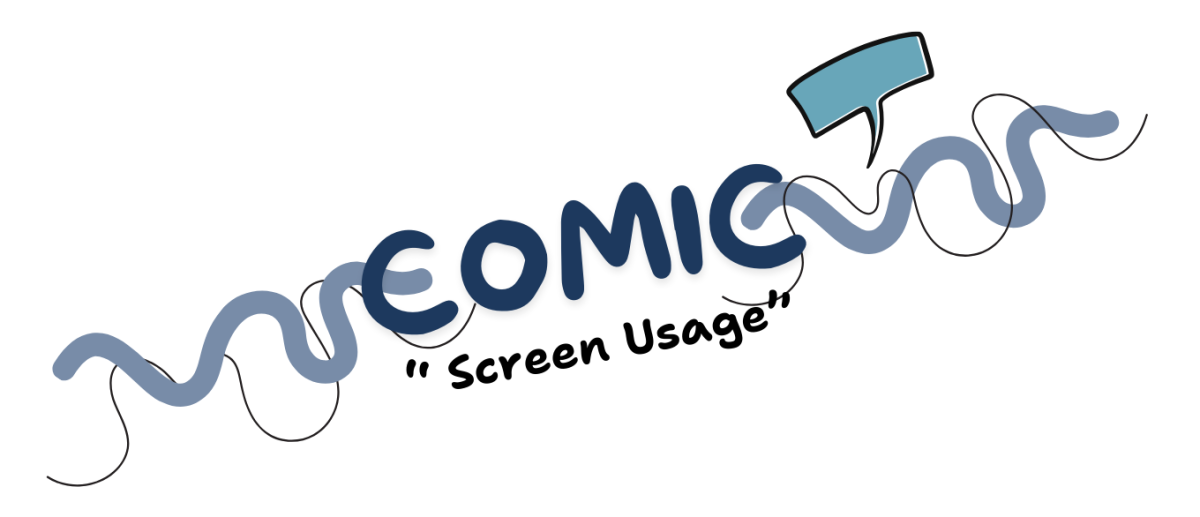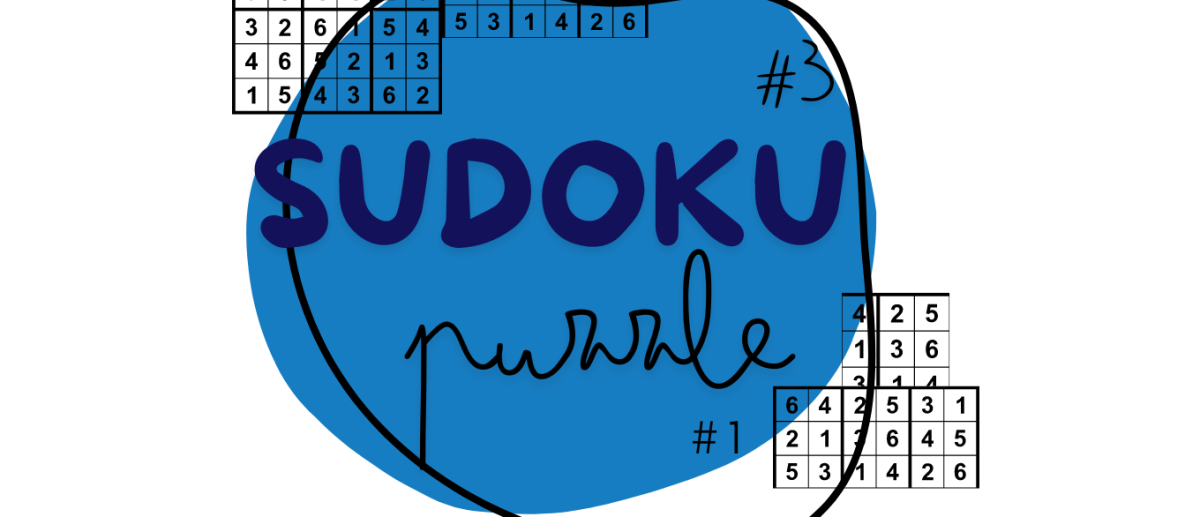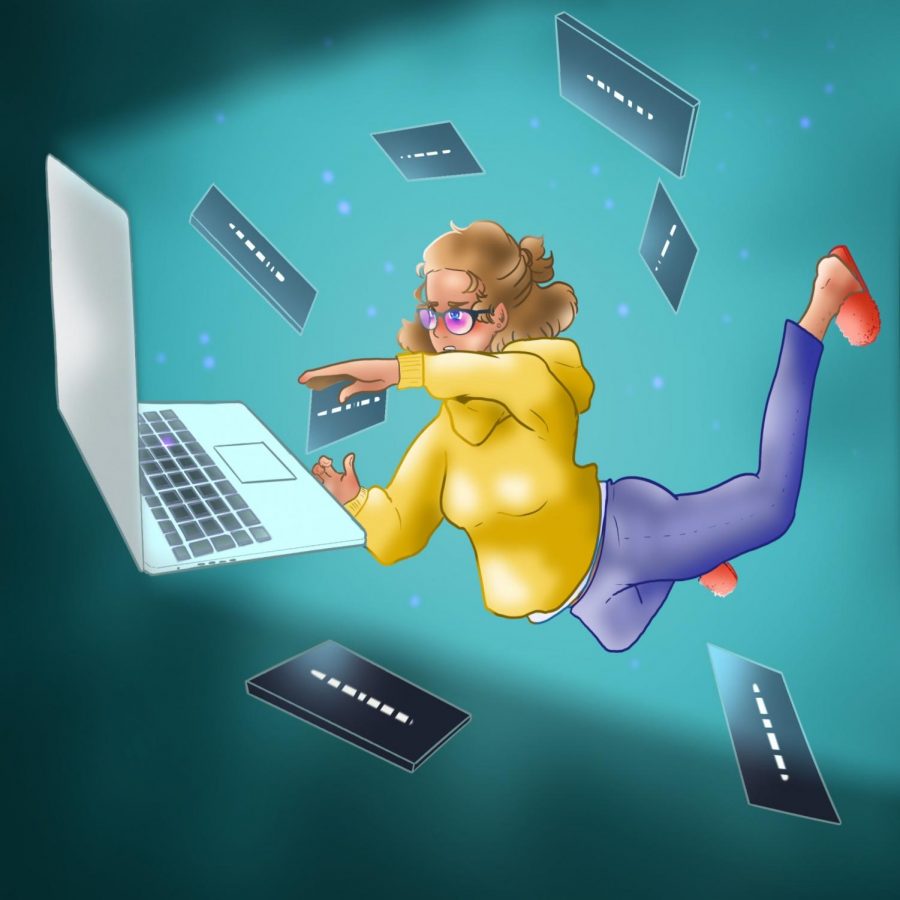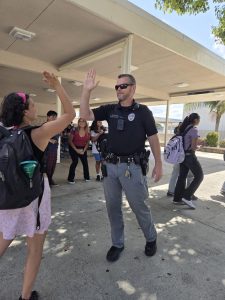Camera shy or clocking out?
VUSD tackles growing problem of low participation among students.
“I fear for them, because as we go back to hybrid, they are not going to know who their peers are and just say ‘That girl’ instead of their name because they have not seen each other’s faces,” Rodrigues said.
March 17, 2021
For most students and teachers, the reality of distance learning can be summed up in two words: black boxes. As there are no plans to mandate cameras on for Ventura Unified school district (VUSD) schools, VUSD will instead rely on teachers, parents, and the student led campaign called “Cameras On” to encourage students to turn on their cameras during instructional time for better participation, engagement, and to ensure the safety of all students.
It is no secret that the majority of students elect not to turn their cameras on during class. According to DATA middle school principal and leader of the “Cameras On” campaign, Marissa Cervantes, about 95 to 100 percent of students at each school have their cameras off. Although the percent of students turning off their cameras can vary slightly from school to school, it is still “a reality at each one of our sites.”
“I think students that are connected to school, connected to their teachers, connected to their peers positively influence them wanting to come to school, them wanting to participate, to be more academically successful,” Cervantes said.
“Cameras On’s” ultimate goal is to increase student engagement and participation by encouraging all students in the VUSD to turn on their cameras.
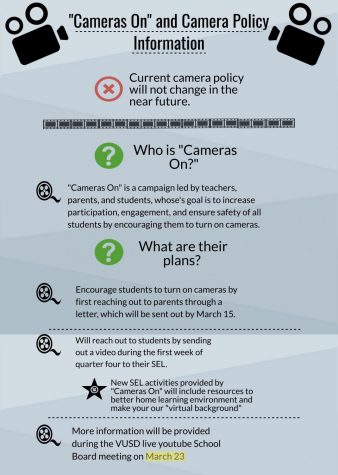
“While I understand that every student has a different reality during this pandemic, I feel we can successfully engage students in participating in this campaign with the appropriate support systems,” member of the campaign and Buena counselor Bertha Zaragoza said. “I feel it is important to create not only a partnership with staff and students, but parents as well.”
“Cameras On” will try to encourage student engagement by reaching out to parents through via mail by March 15 to encourage conversations with their children to turn on their cameras. Other steps which the campaign will also take include going onto social media platforms to promote their message, as well as sending a video for students to watch during their SEL class by the first week of quarter four. This video will not only encourage students, but also provide resources for students to better their online experience and turn on their cameras with confidence.
“That’s when you are going to start to see change, where students are going to be transitioning back onto campus. We thought that would be the most appropriate time to tackle this,” Cervantes said.
However, there are many people similar to drama teacher Karen Rodrigues who applauds any chance at nudging students into turning on their cameras, but has “resigned” herself from hoping for too much.
“I would love to see their smiles and that they are nodding, that gives me validation that what I am doing is being received, that I’m not glitching in the Zoom matrix, and I’m not unclear,” Rodrigues said. “Because if I can see in your face that you’re confused, then I can stop what I am doing and help them.”
Rodrigues believes that mandating cameras on, is a step that VUSD should have taken from the very beginning of this distance learning journey which we are all a part of. However, if students have “extenuating” circumstances which makes it difficult to turn on their camera, then it should be left to teachers and students to make the exceptions.
“Teachers are compassionate enough to understand when that’s a real thing and when it’s just laziness,” Rodrigues said. “I understand there is concern for different circumstances that would prevent someone turning on their camera, or cause consternation. But they are not the rule, they are the exception, and we can make exceptions.”
Although there is no solid data that cameras being on will help students’ overall performance in school, Cervantes argues that the encouragement of turning on cameras extends beyond grades.
“A lot of teachers would report that they would call on a student and there would be no response or no response in the chat,” Cervantes said. “We don’t know what situation they may be in.”
During these times, many students may have taken advantage of not being required to turn on cameras for a variety of reasons. From students still tucked in bed, social anxiety, students not wanting to expose their home life, or simply no motivation due to the fact that their other peers are not turning on their cameras. However, many like Cervantes still want to make an effort to give students as much normalcy as possible during these “not normal times.”
“I think if we’re able to make an impact with the promotion of this, and encouraging students to influence other students, that would be a huge victory for us,” Cervantes said.


